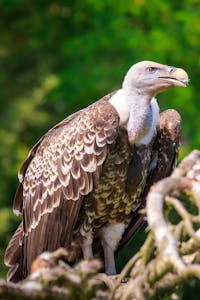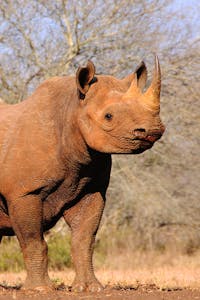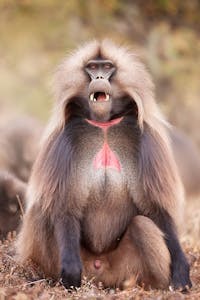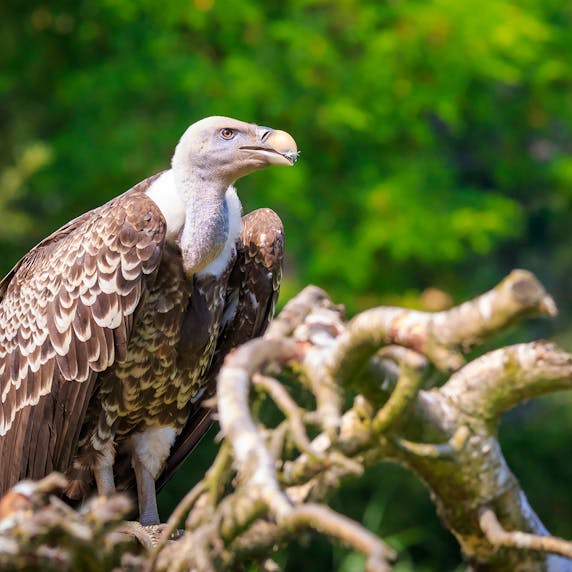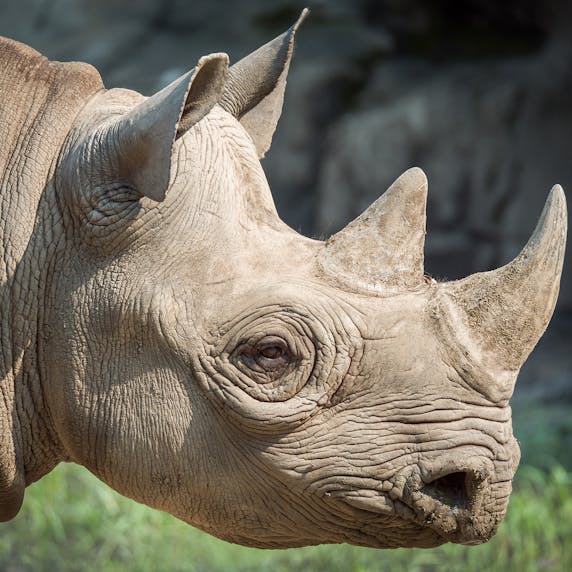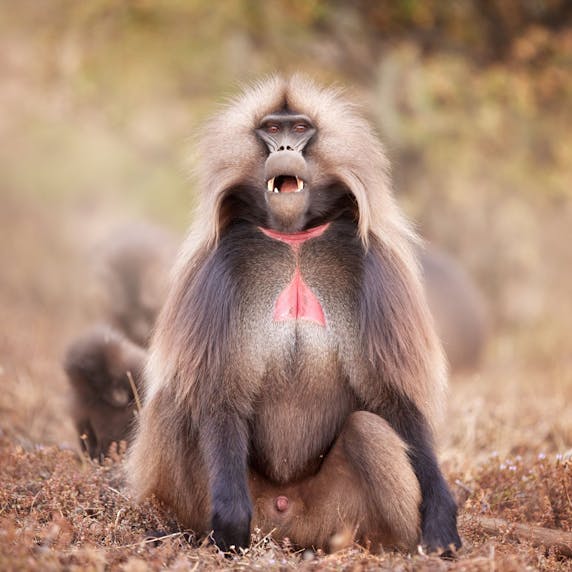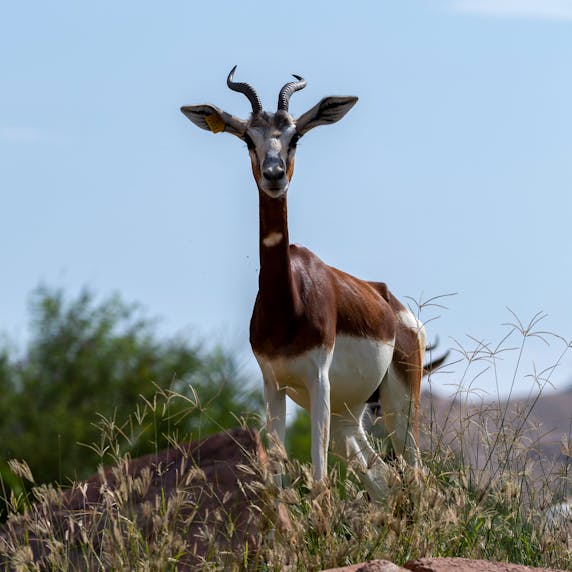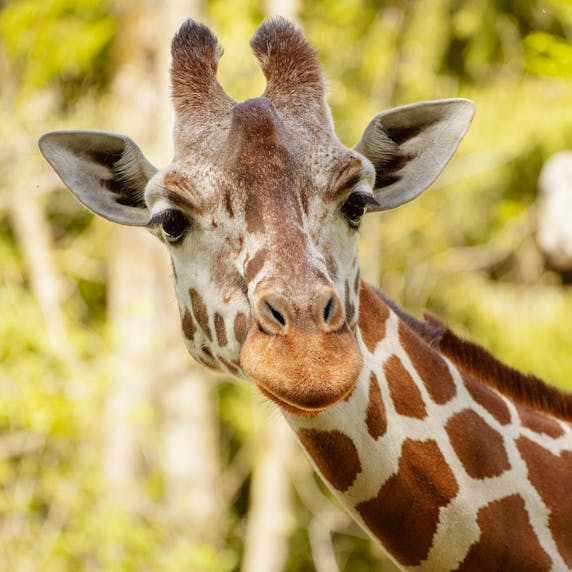


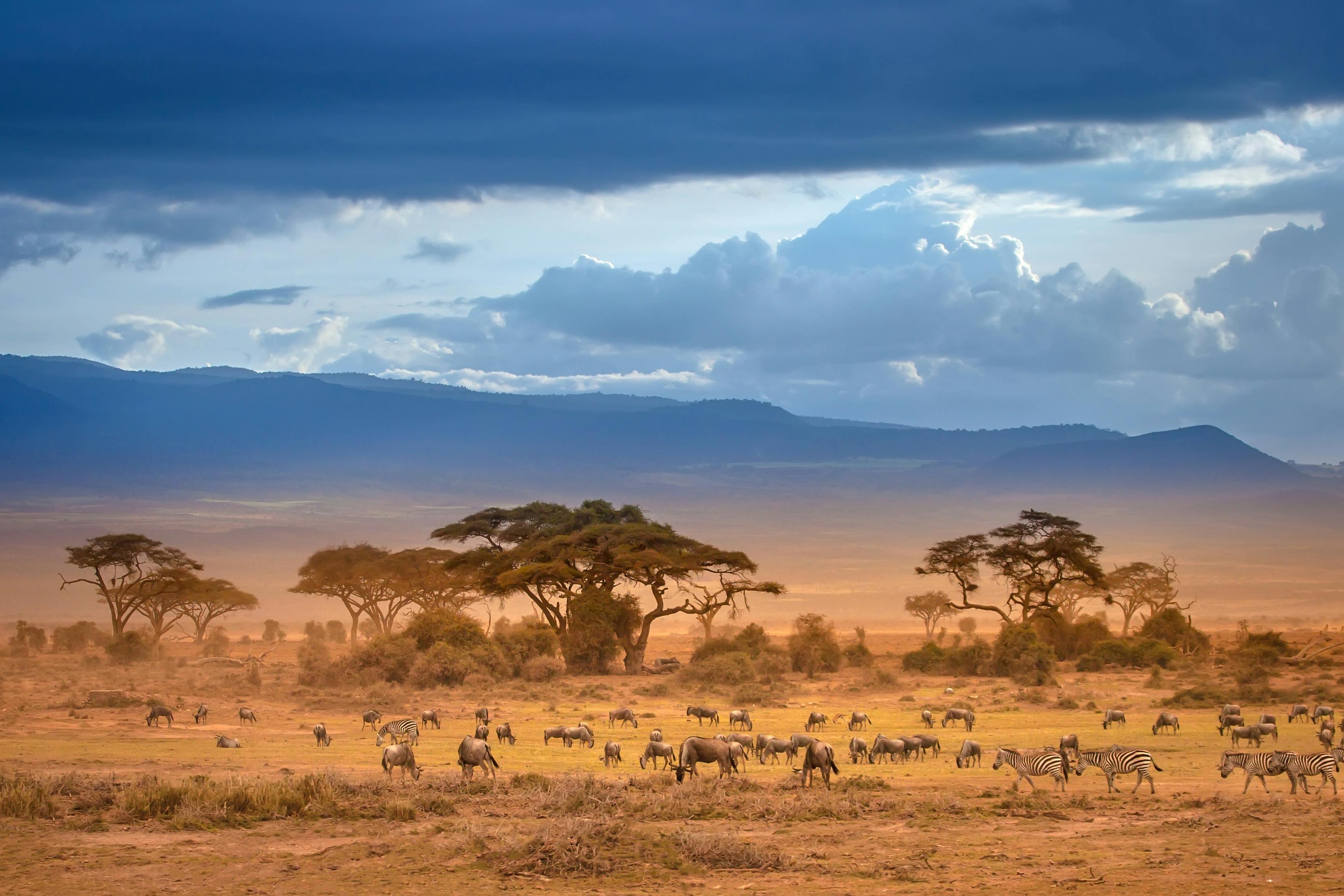
When you think of Africa, you envision the beautiful savannas with herds of wild animals. But for how much longer will this image remain a reality? In East Africa, ecological problems with significant consequences for nature are emerging. Desertification and poaching are plaguing the region.

Vultures play a crucial role in this specific ecosystem by swiftly cleaning up carcasses, preventing the spread of diseases. However, vultures have recently taken on another vital role: they serve as informants against poachers. They circle around freshly shot rhinos, alerting rangers to the presence of poachers. In response, poachers poison the carcasses. Unfortunately, this has led to a nearly 90% decline in the vulture population in Africa in recent years.
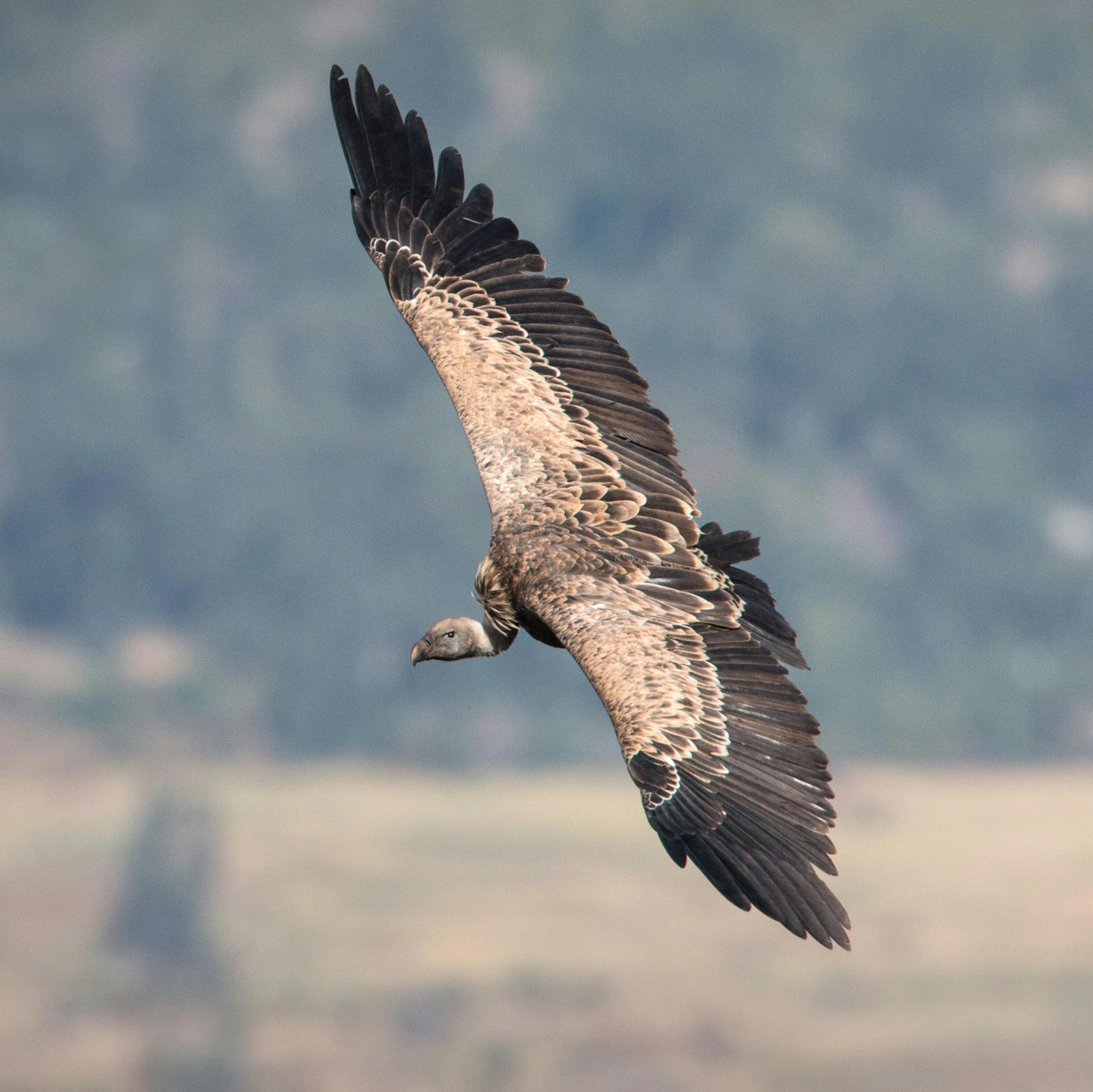
Diergaarde Blijdorp serves as the coordinator of the population management program and adheres to the IUCN's One Plan Approach to prevent the extinction of the Rüppell's griffon vulture. Together, we are building a healthy population in European zoos. We collaborate with Wageningen University & Research to compile the largest collection of genetic data on the Rüppell's griffon vulture. In partnership with the Peregrine Fund, we monitor the remaining wild populations and assess potential areas for reintroduction. With this extensive cooperation, we are preparing for the reintroduction of this vulture into the wild.

Unfortunately, poaching remains a significant problem. Current technological advancements offer the opportunity to detect poaching in its early stages, making prevention easier. Diergaarde Blijdorp is an ideal location for testing such tools in the pilot phase. This allows us to collectively fine-tune and expedite the implementation of these tools. Currently, we are collaborating with SmartParks to optimize a tool applied to rhinos.
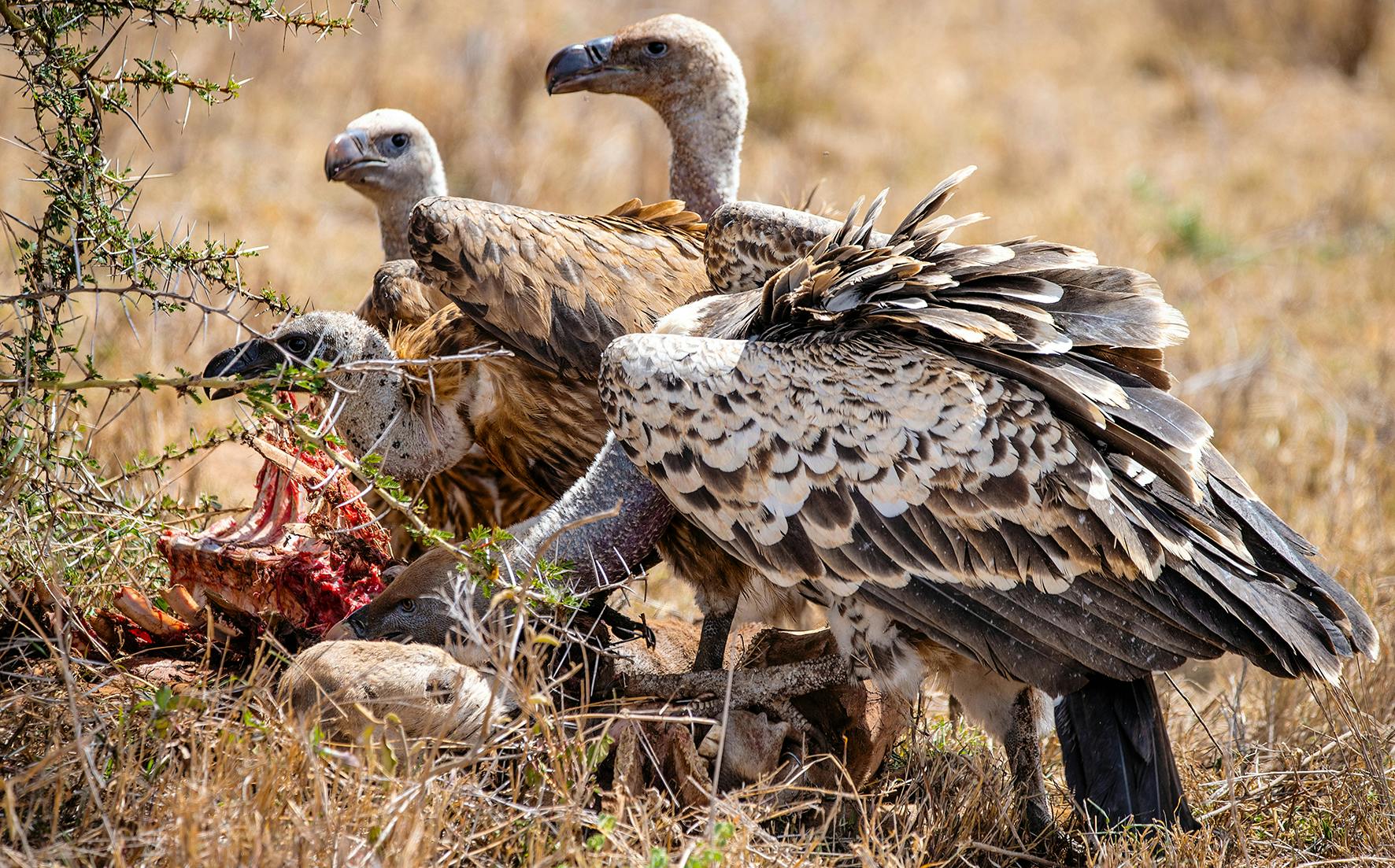
- In five years, we aim to have a genetically healthy and growing population of Rüppell's griffon vultures in European zoos.
- In five years, we strive to have established a consortium of relevant stakeholders working towards the reintroduction of the Rüppell's griffon vulture.
- In five years, we aim to have initiated two PhD projects related to the Rüppell's griffon vulture in collaboration with various Dutch universities -one focusing on behavior and one on genetics.
- Within five years, we will engage in close collaboration with SmartParks by serving as their "testing ground."
- Within five years, the first tool tested in places like Blijdorp will be implemented in the wild.
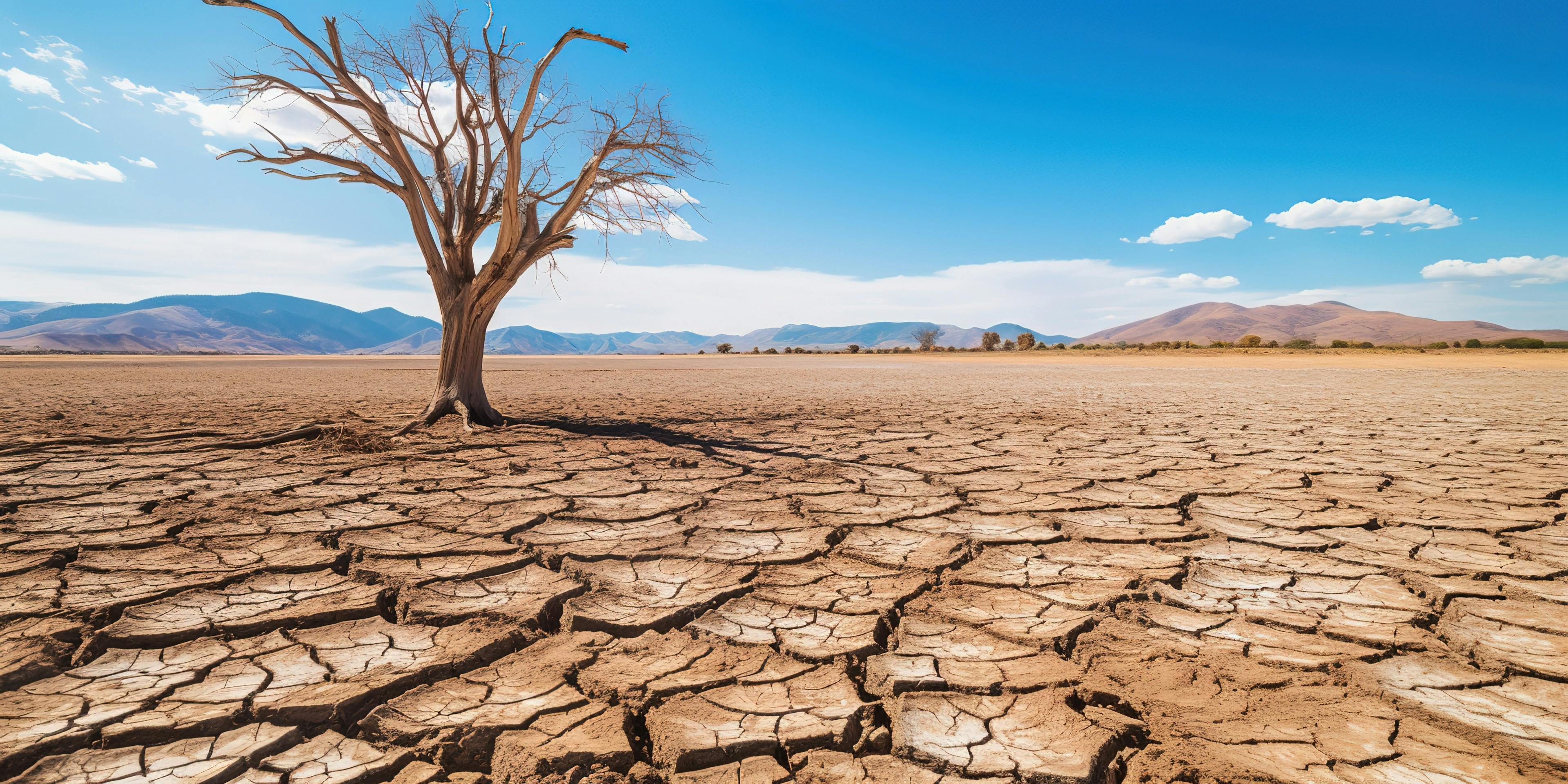
- In five years, we will have established sustainable partnerships with forward-thinking organizations in the field of water conservation, including collaborations with entities like Just Diggit, to prevent the desertification of savanna regions.
- In five years, we will have initiated scientific research projects in cooperation with TU Delft, focusing on water retention and CO2 absorption.
